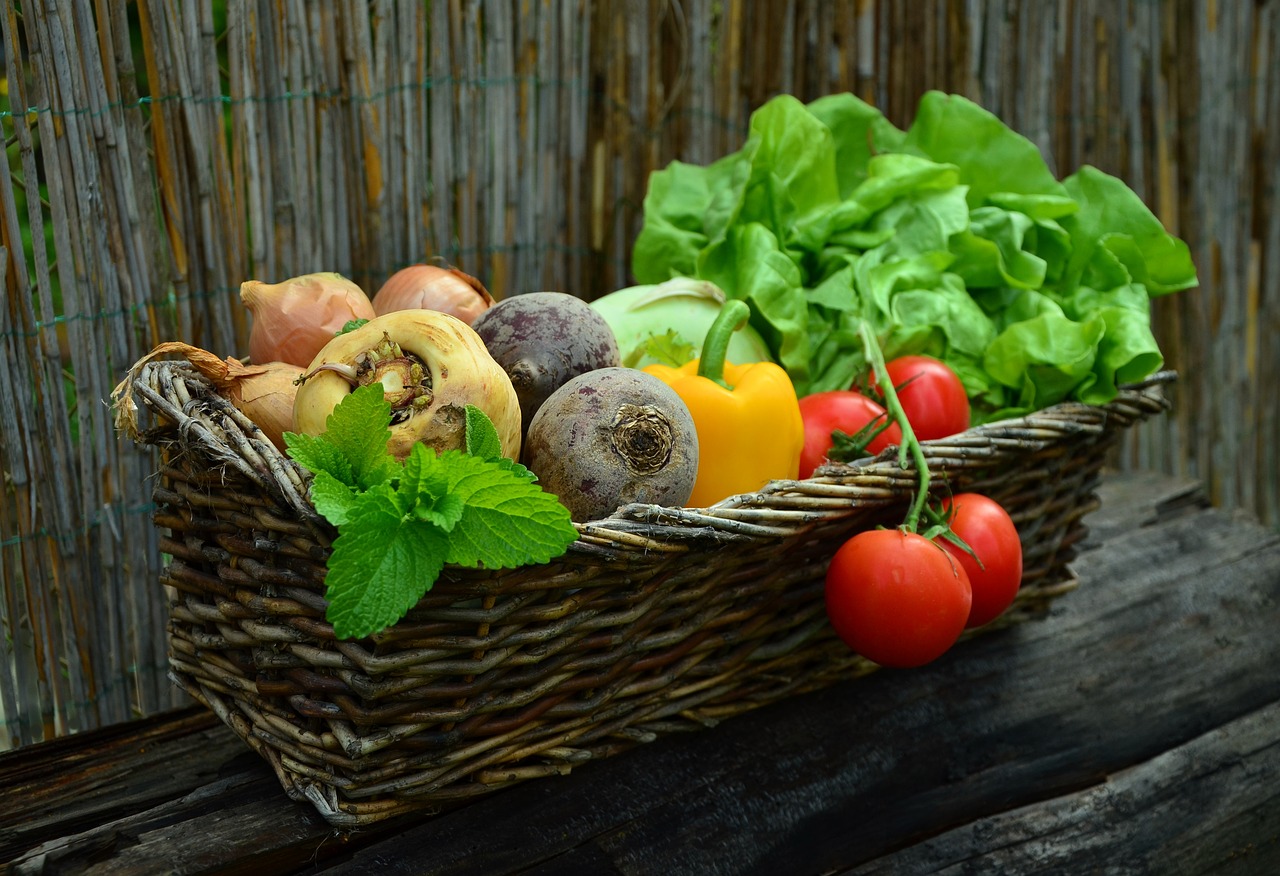Glyphosate’s Suppression of…the Gut Microbiome: Pathways to Modern Diseases
Roundup (active ingredient= Glyphosate) is the most commonly used herbicide in the world and is generally thought to be safe for humans. Glyphosate acts on the shikimate metabolic pathway which is present in plants but absent in all animals. However, this pathway is present in gut bacteria. In addition to aiding digestion, gut bacteria synthesize needed vitamins, detoxify pollutants, and support the immune system. So Round-Up residues on food may be toxic to vital gut bacteria, and may be leading to a myriad of modern health problems.
Is Organic Better? Ask a Fruit Fly
By nearly every measure, including fertility, stress resistance and longevity, flies that fed on organic bananas and potatoes fared better than those who dined on conventionally raised produce.
While far more study needs to be conducted to determine the possible benefits of organic foods on human health, the debate has been settled in the Chhabra household, where Ria’s parents no longer argue about the cost of organic food. “All of our fresh produce is organic,” she said.
Why buy locally?
“When you choose to spend a dollar at a locally owned independent shop, two to three times as much of that dollar is recirculated in the local economy– local merchants and their employees shop at local stores. In contrast, corporate chain stores send their profits back to the head office and to shareholders, with almost no benefit returning to the local community.”
The True Costs of Industrialized Food
“Spraying toxic pesticides on our food has become the norm, so much so that we have come to view it as part of ‘conventional’ agriculture, though there’s nothing conventional about it. Introduced in large scale only after World War II, using surplus warfare chemicals, pesticides are now applied at a rate of 1.1 billion pounds per year in the U.S. That’s 22 percent of the world’s total use.”
GMO crops devastate monarch butterfly migration
“The milkweed monarchs used to feed on in the corn belt is, well, a weed, and farmers have handily knocked it out while also expanding farmland by millions of acres each year. As milkweed-free farm land expands, food for monarchs disappears.”
New Study: Common Pesticides Kill Frogs on Contact
“…farmland has become one of the “the largest terrestrial biomes on Earth, occupying more than 40% of the land surface…In other words, frogs and related species have little choice but to hang out on farms. What happens when they’re in the wrong place at the wrong time—i.e., on a field when the crop duster shows up?”
Organic tomatoes are healthier
They may be smaller but they’re also mightier. Organic tomatoes pack in more cancer-fighting phenols and vitamin C than conventionally grown tomatoes.”
Stealth Attack
“There’s troubling new evidence that common pesticides persisting on foods are undermining physical and mental health. The surprising part is that problems occur at doses everyone thought were safe.”
Cook Organic, Not the Planet
“The production of meat, eggs and milk on factory farms is responsible for up to 51 percent of greenhouse gas emissions, according to the Worldwatch Institute. Those emissions, which include CO2, methane and nitrous oxide, arise from the combination of livestock feed production, the animals themselves, and the waste they produce.”
